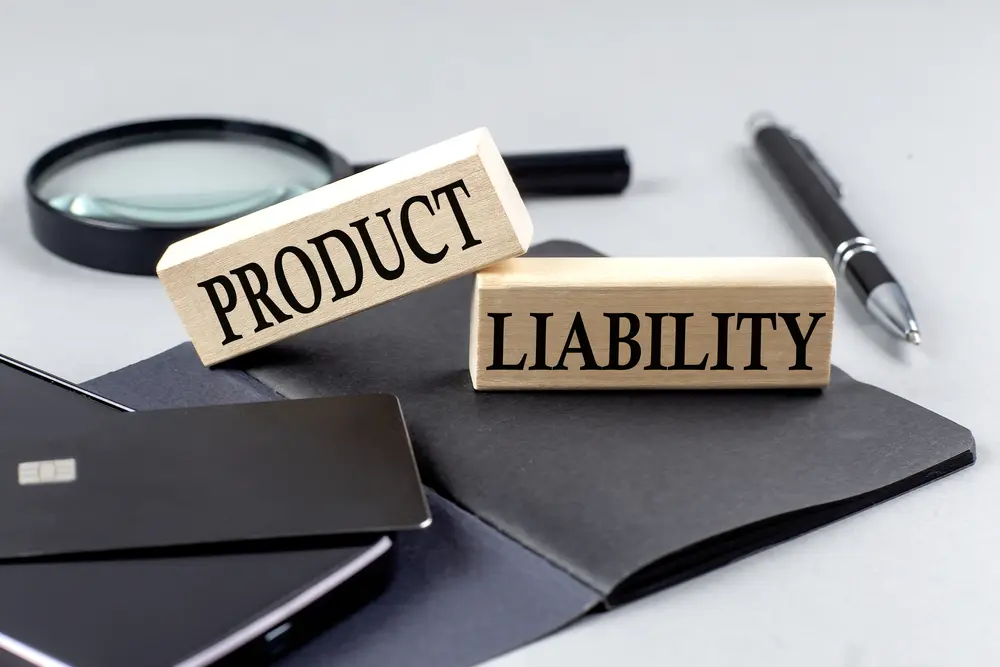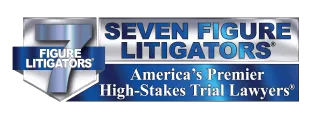You have the right to expect the products you buy to be safe to use and to do what they are supposed to. From the airbags in our cars to the medicines we take every day, we rely on manufacturers to ensure that their products reach us properly tested and free of defects. If you have experienced injury due to a fault in a product, then you need a product liability attorney. At the Ochs Law Firm in Casper, Wyoming, we are dedicated to getting our clients the justice they deserve.
How Do Product Liability Laws Protect Consumers from Defective Products?
Product liability laws protect consumers from defective products by holding manufacturers, distributors, suppliers, and retailers accountable for the safety of their products. In the United States, both federal and state laws provide mechanisms for consumers to seek redress and ensure that products meet safety standards.
Product liability refers to the legal responsibility of any or all parties along the chain of manufacture for damage caused by that product. When it comes to defective products, liability can arise from defects in design, manufacturing, or marketing (which covers failure to provide adequate warnings or instructions).
Federal Product Liability Law
Federal product liability law is enacted through the regulatory standards set by federal agencies, such as the Consumer Product Safety Commission (CPSC) and the Food and Drug Administration (FDA).
Key Federal Statutes and Regulations
Consumer Product Safety Act (CPSA)
This act gives the Consumer Product Safety Commission the authority to develop safety standards and pursue recalls for products that pose a risk to consumers. The CPSA covers a wide range of consumer products and sets the framework for general product safety enforcement.
Federal Food, Drug, and Cosmetic Act (FDCA)
The FDCA is administered by the Food and Drug Administration and regulates the safety of food, drugs, cosmetics, and medical devices; i.e., things that have a very direct affect upon public health. The FDCA ensures that these products are safe, sanitary, and properly labeled.
National Traffic and Motor Vehicle Safety Act
This act empowers the National Highway Traffic Safety Administration (NHTSA) to set and enforce safety standards for motor vehicles and road traffic safety.
Federal Preemption
One important aspect of federal product liability law is preemption, which means that federal regulations take precedence over state laws. In some cases, claiming compliance with federal standards can shield manufacturers from state-level liability claims. However, preemption is not absolute and manufacturers may still be liable under state law if they fail to meet higher safety standards or if federal standards are deemed insufficient.
Wyoming Product Liability Law
Wyoming has its own set of laws governing product liability. These laws are primarily based on the common law principles of negligence, strict liability, and breach of warranty.
Negligence
Under Wyoming law, a manufacturer or seller can be held liable for negligence if they fail to exercise reasonable care in the design, manufacturing, or marketing of a product. To establish negligence, it must be proved that:
- The defendant owed a duty of care to the plaintiff
- The defendant breached that duty
- The breach caused the plaintiff’s injury
- The plaintiff suffered actual damages
An example of negligence would be if a drug company failed to include a warning of a side effect associated with taking it in the drug’s informational materials. The company has a duty to provide accurate information to the consumers of its products; if they fail to do this and injury arises as a result, causing harm to a consumer, then they are guilty of negligence.
Another example would be if a consumer got food poisoning after buying a food product that had not been adequately refrigerated by the vendor. The vendor has a responsibility to make sure that their wares are safe to consume at the point of sale.
Strict Liability
Wyoming also follows the doctrine of strict liability in product liability cases. Under this doctrine, a manufacturer or seller can be held liable for a defective product regardless of fault or negligence. Unlike a negligence case, this focuses not on the defendant but on the product itself. The key elements that need to be proved in a strict liability claim are:
- The product was defective
- The defect existed at the time the product left the defendant’s control
- The defect caused the plaintiff’s injury
- The plaintiff was using the product in a reasonably foreseeable manner
Products can be judged defective if they fail to meet the reasonable expectations of the consumer or if the risks involved in using the property outweigh its benefits.
For example, a consumer buying a new hairdryer would be reasonable in expecting it to function normally and safely when used for its intended purpose: to dry hair. If when the hairdryer was turned on it gave an electric shock, then this would fall under the grounds of strict liability whether or not the manufacturer had been negligent.
Breach of Warranty
Product liability claims in Wyoming can also be based on breach of warranty, which is an extension of contract law. Warranties can be express (explicitly stated by the seller or manufacturer) or implied (automatically arising from the nature of the transaction).
Implied Warranty of Merchantability
This implied warranty exists in every sale and is the expectation that goods sold will be fit for their ordinary use. An example of this would be the expectation that a chair you buy can be sat upon without its legs falling off, that a sunscreen will protect you from ultraviolet rays, or that a fire extinguisher will work to extinguish a fire.
If you are using a product for its intended purpose and in a normal manner, and it causes you injury, then you may have a case as long as you can prove that the defect existed at the point of sale.
Implied Warranty of Fitness
This applies when the seller of the product knows the specific purpose for which the buyer intends to use the product. For example, imagine you go to a hardware store and ask for a drill suitable for drilling metal, the store clerk recommends a drill.
You buy this drill, but when you attempt to drill metal with it, there is an accident, and you are injured. It turns out that the drill was not defective but it was only suitable for drilling wood and other softer substances. The seller here has violated the Implied Warranty of Fitness because they knew what you planned to use the product for but sold you a product that was not fit for the purpose.
How Can a Product Liability Attorney in Casper, Wyoming Help You?
Product liability laws at both the federal and Wyoming state levels provide protections for consumers against defective products, but you need an experienced lawyer who can assess your case, advise you on how to proceed, and guide you through all the other steps of the lawsuit while negotiating on your behalf and representing you in court.
If you’ve suffered an injury due to a defective product, find out more about how we can help you when you contact us at the Ochs Law Firm in Casper, WY.







